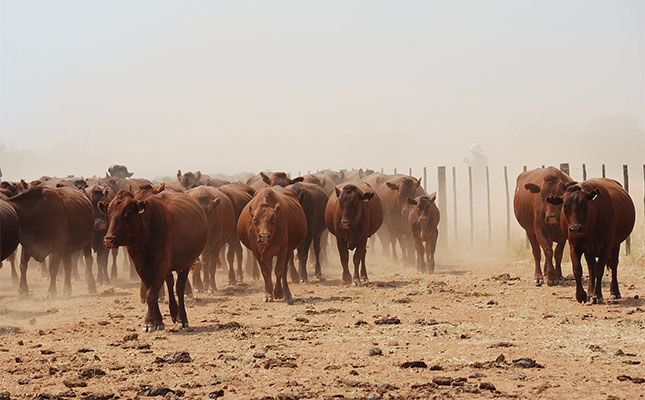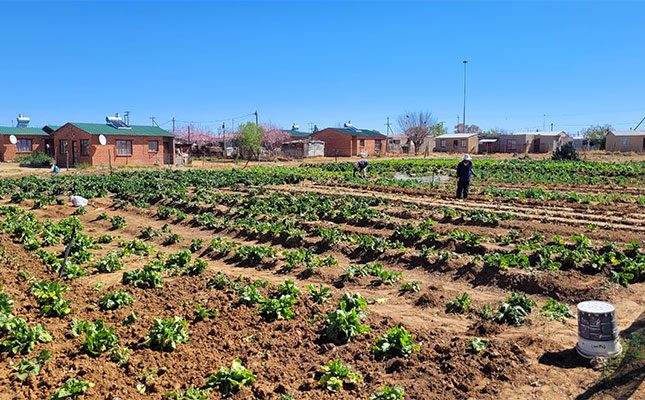
According to the department, the regulations, which follow a series of consultative meetings with industry stakeholders, will come into effect on 18 July 2026.
The regulations prescribe minimum standards for meat analogue products and introduce strict labelling requirements. For example, any product labelled as a ‘meat replacer’, ‘meat substitute’, ‘meat alternative’, or ‘plant-based protein’ must contain at least 9% protein.
Additionally, product names may not reference specific animal species or meat types. Terms like ‘chicken-style’, ‘beef-style’, ‘chick’n’ or ‘b*con’ will be prohibited under the Agricultural Product Standards Act (No. 119 of 1990).
The regulations also specify acceptable product descriptors. Permitted terms include ‘hot dogs’, ‘chipolatas’, ‘bites’, ‘steaks’, ‘pops’, ‘balls’, ’rounds’, ‘pieces’, ‘tenders’, ‘burgers’, ‘patties’, ‘sausages’, ‘bangers’, ‘griller loaves’, ‘polonies’, ‘mince’, ‘roasts’, and ‘schnitzels’, as well as shape-based names like ‘frikkadel wheels’, ‘discs’, ‘nuggets’, ‘rolls’, and ‘sizzlers’.
The Red Meat Producers’ Organisation (RPO) supports the new regulations as a step forward in protecting consumers.
Speaking to Farmer’s Weekly, Professor Frikkie Maré, CEO of the RPO, said it as a big improvement, as in the past, consumers were confused by plant-based products that referred to beef, lamb or chicken.
“The new regulations now clearly stipulate that those kinds of descriptive words, such as ‘tastes like beef’, can no longer be used. The product must clearly state what it consists of, such as being plant-based, or made from mushrooms or soya. Only after that can descriptive terms like ‘sausage’ or ‘patty’ be used,” he explained.
Maré added that although there was dissatisfaction about the use of certain words like ‘sausage’ and ‘patty,’ it was important to understand that these terms weren’t exclusive to meat.
“If you look at the definition of a sausage, for example, it’s simply a minced product inside a casing. So, a sausage doesn’t necessarily have to contain meat.”
He said there were, however, two areas of concern in the new regulations for the RPO: “The first is the use of the word ‘steak’, which will be allowed. This could cause confusion among consumers, and we’re unsure whether the inclusion of that term was intentional or an oversight. We plan to take this issue further.
“The second concern is around the implementation timeline. The regulations are set to come into effect in a year, but there is some uncertainty around what this means in practice. Will non-compliant products have to be removed from shelves by that date? Or do manufacturers simply have a year to ensure their products meet the new requirements, after which they may remain on shelves? This will need to be clarified.”
Meanwhile, the Southern African Agri Initiative (SAAI) has strongly criticised the new regulations. In a press release, the organisation said it was “arrogant of the department to instruct farmers to welcome their outrageous regulations on the use of meat-related names for plant-based alternatives to animal products.
“SAAI joins the international movement of agricultural organisations, scientists, and consumer associations who are challenging governments on deceptive labelling of farm-produced food.”
It added that to prevent deception and confusion, imitation meat, milk, and eggs should not be marketed with meat-related names or placed near real animal proteins on store shelves.
“They should be clearly labelled as beans, insects, or laboratory-induced fermentation products. Consumers must, under all circumstances, know what they are eating and how it was produced.”
Get trusted farming news from Farmers Weekly in Google Top Stories.
➕ Add Farmers Weekly to Google ✔ Takes 10 seconds · ✔ Remove anytime






